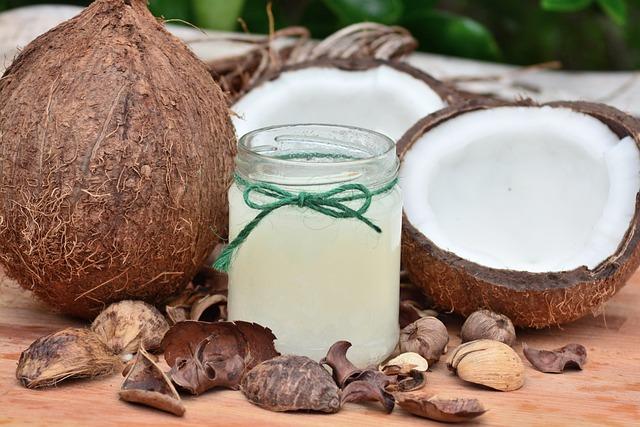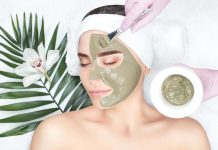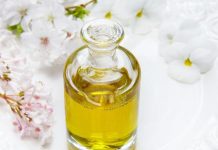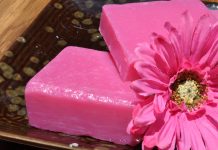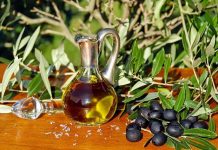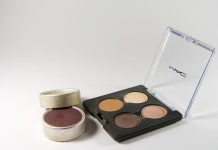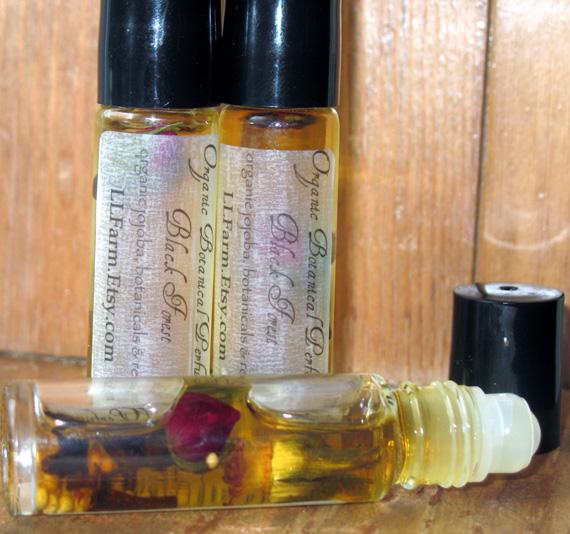In the ever-evolving world of skincare, the allure of natural ingredients often captures our imagination and shelves. Among these, natural oils have emerged as a favorite, touted for their nourishing and restorative properties. As consumers increasingly seek out products that promise both efficacy and purity, the question arises: should natural oils be a key ingredient in moisturizers? This article delves into the benefits and considerations of incorporating these oils into your skincare routine, exploring whether nature’s bounty truly holds the key to healthy, hydrated skin. Join us as we unravel the science and sentiment behind this age-old beauty elixir.
The Science Behind Natural Oils in Skincare
Natural oils have long been celebrated for their multifaceted benefits in skincare, offering a harmonious blend of hydration, nourishment, and protection. These oils are rich in essential fatty acids, antioxidants, and vitamins, which can penetrate the skin’s layers to provide deep, lasting moisture. Jojoba oil, for example, closely mimics the skin’s natural sebum, making it an excellent choice for balancing oil production. Argan oil is packed with vitamin E and fatty acids, promoting elasticity and reducing inflammation. Such properties make natural oils not only effective moisturizers but also potent healers for various skin concerns.
- Deep Moisturization: Oils like coconut and olive provide intense hydration by forming a barrier that locks in moisture.
- Antioxidant Protection: Rosehip and grapeseed oils are rich in antioxidants, combating free radicals and supporting skin repair.
- Anti-inflammatory Benefits: Oils such as chamomile and calendula can soothe irritated skin and reduce redness.
While the benefits are compelling, it’s essential to choose oils that suit your skin type and concerns. The key lies in understanding the specific properties of each oil and how they interact with the skin’s natural chemistry.
Benefits and Drawbacks of Natural Oils for Moisturizing
Natural oils have long been cherished for their ability to lock in moisture and nourish the skin. Benefits of using these oils in moisturizers include their rich composition of essential fatty acids and vitamins, which can enhance skin barrier function and provide a natural glow. Oils like argan, jojoba, and coconut are particularly celebrated for their ability to soothe dry and irritated skin. Moreover, many people appreciate their eco-friendly and sustainable production processes.
However, there are drawbacks to consider. Some natural oils may be too heavy for certain skin types, potentially leading to clogged pores and breakouts. Additionally, the purity and quality of oils can vary greatly, and some individuals might experience allergic reactions. It’s also worth noting that oils lacking in preservatives can spoil quickly, reducing their shelf life. Balancing these factors is key to determining whether natural oils should play a central role in your skincare routine.
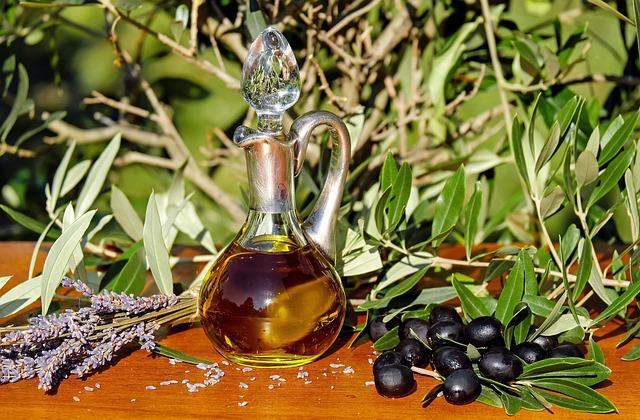
How to Choose the Right Natural Oils for Your Skin Type
Choosing the right natural oils for your skin can transform your skincare routine into a personalized experience. The first step is understanding your skin type and its unique needs. Oily skin benefits from lightweight oils like jojoba or grapeseed, which mimic the skin’s natural sebum and help regulate oil production. On the other hand, dry skin thrives with richer oils such as avocado or sweet almond, providing deep hydration and nourishment.
- Combination Skin: Balance is key. Use a blend of lightweight and nourishing oils like argan or rosehip.
- Sensitive Skin: Opt for calming oils like chamomile or calendula to soothe irritation.
- Mature Skin: Embrace anti-aging properties with oils rich in antioxidants, such as pomegranate or rosehip.
Remember, patch testing is crucial to ensure compatibility and avoid adverse reactions. Tailor your choice to complement your skin’s natural characteristics, turning every application into a moment of indulgence.
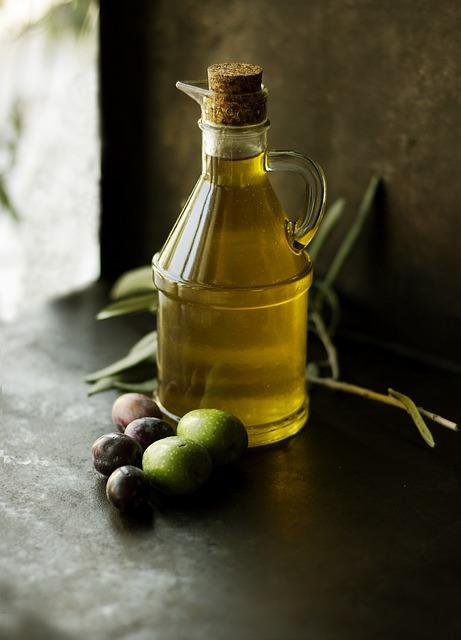
Expert Recommendations on Incorporating Natural Oils into Your Routine
Integrating natural oils into your skincare routine can transform the efficacy of your moisturizers. Experts suggest focusing on oils that align with your skin type and concerns. Jojoba oil, for instance, mimics the skin’s natural sebum, making it ideal for balancing oily skin. Argan oil is praised for its anti-aging properties, while rosehip oil is a favorite for reducing scars and hyperpigmentation.
- For dry skin: Look for avocado oil or coconut oil to deliver deep hydration.
- For sensitive skin: Chamomile oil and calendula oil are gentle and soothing.
- For acne-prone skin: Consider tea tree oil or grapeseed oil for their anti-inflammatory benefits.
Remember, a patch test is essential when introducing new oils to your routine. This ensures compatibility and minimizes the risk of irritation. By thoughtfully selecting and combining these natural wonders, your moisturizer can become a powerhouse of nourishment and protection.
